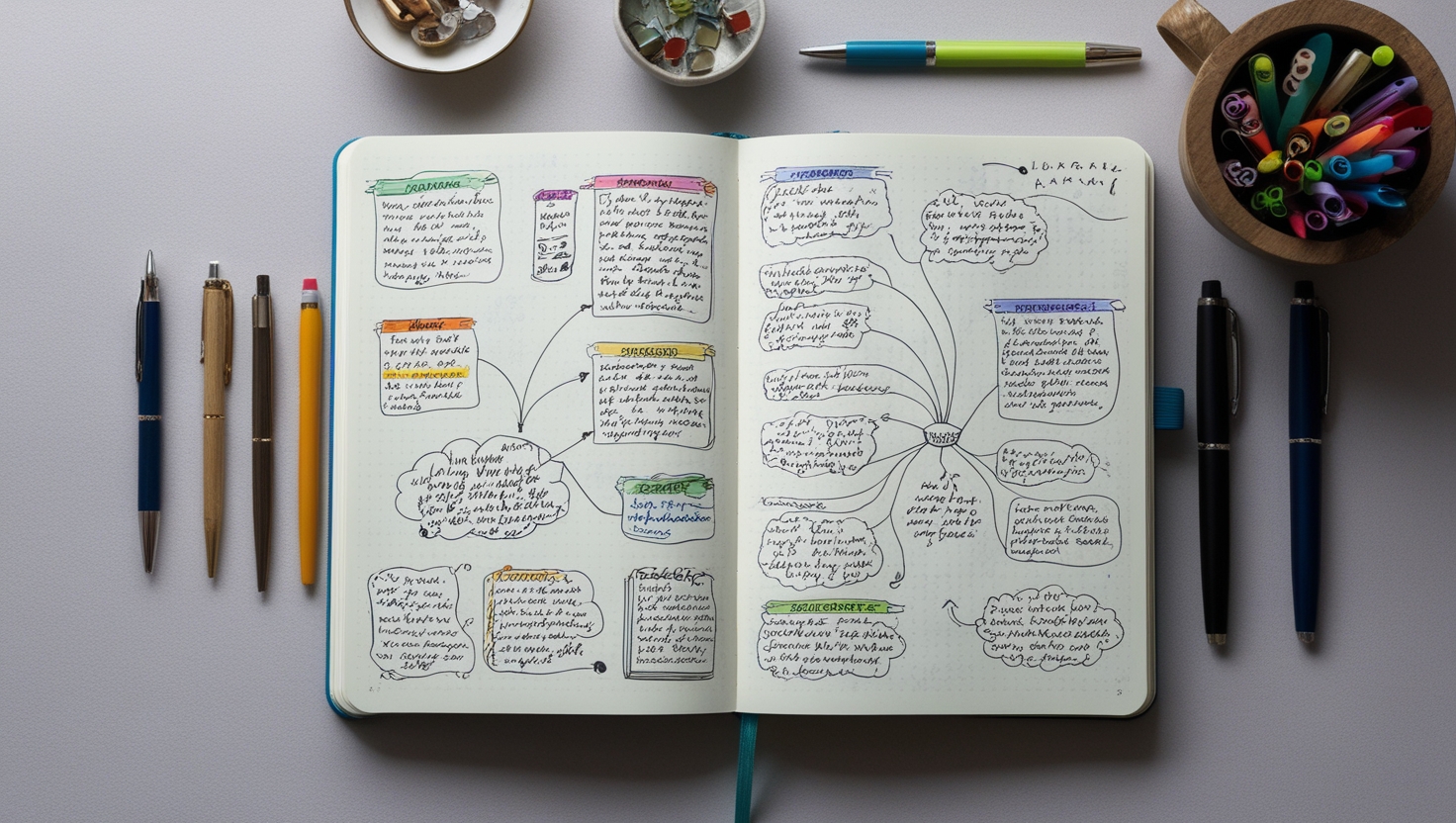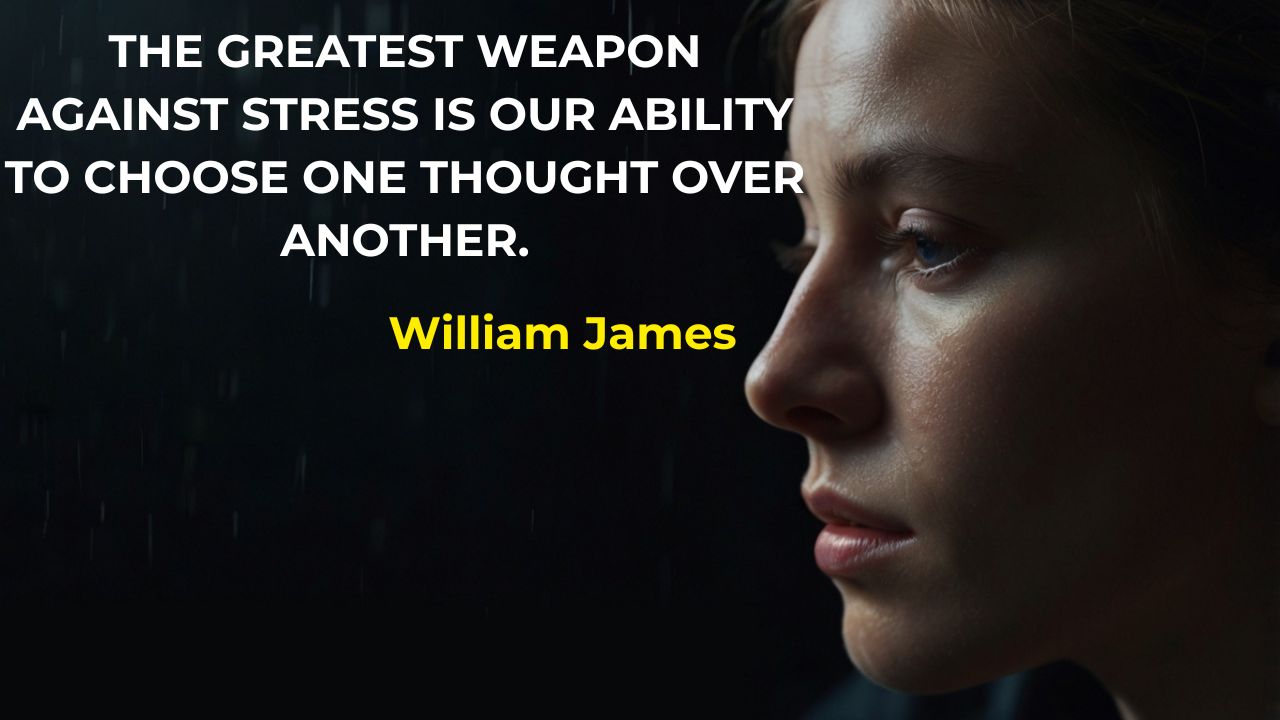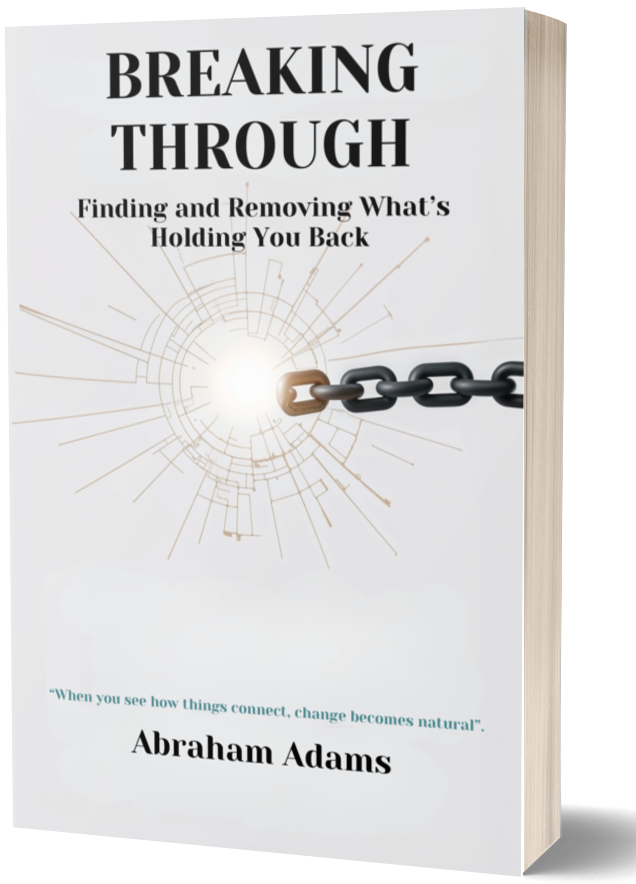The Art of Self-Control: Mastering Your Impulses and Taking Charge
Ever watched your carefully laid plans crumble in the face of immediate temptation? Whether it's reaching for that extra slice of cake, spending hours scrolling through social media, or making impulsive purchases, self-control challenges us all. Let's explore how to strengthen this crucial skill.
Understanding Self-Control
Self-control isn't just willpower – it's a complex interplay of habits, environment, and decision-making processes. Think of it as a muscle: it can be strengthened with practice but also becomes fatigued with overuse.
The Science Behind Self-Control
Your brain operates on two systems:
- The immediate gratification system (emotional, impulsive)
- The delayed gratification system (logical, planning)
Understanding this dual nature is crucial for developing better self-control strategies.
Practical Steps to Build Self-Control
1. Start with Environment Design
- Remove temptations from your immediate surroundings
- Create barriers to impulsive behaviors
- Set up your space to support your goals
- Make good choices easier than bad ones
2. Implement the 10-Minute Rule
When faced with an impulse:
- Pause for 10 minutes before acting
- Use this time to evaluate the urge
- Consider long-term consequences
- Often, the urge passes naturally
3. Practice Energy Management
- Recognize that self-control depletes throughout the day
- Handle important decisions when energy is high
- Plan for periods of lower willpower
- Ensure adequate sleep and nutrition
4. Develop Implementation Intentions
Create specific if-then plans:
- "If I feel stressed, then I'll take three deep breaths"
- "If I want to scroll social media, then I'll read for 10 minutes first"
- "If I'm tempted to skip exercise, then I'll just put on my workout clothes"
5. Use the Power of Small Wins
- Start with tiny, manageable challenges
- Build confidence through consistent success
- Gradually increase difficulty
- Celebrate progress, no matter how small
6. Practice Mindfulness
- Develop awareness of your triggers
- Notice impulses without acting on them
- Observe thoughts and urges without judgment
- Create space between stimulus and response
Advanced Strategies
1. Identity-Based Change
- Focus on who you want to become
- Make decisions based on this identity
- Ask "What would someone with strong self-control do?"
- Build habits that align with your desired self
2. Precommitment
- Make binding decisions in advance
- Set up automated systems
- Create accountability structures
- Remove future choice from the equation
3. Strategic Indulgence
- Plan occasional controlled breaks
- Allow structured "cheat days"
- Prevent complete willpower breakdown
- Maintain sustainable long-term control
Common Pitfalls to Avoid
1. All-or-Nothing Thinking
- Perfect control isn't the goal
- Small lapses don't equal failure
- Progress matters more than perfection
- Learn from setbacks rather than giving up
2. Relying Solely on Willpower
- Design systems for success
- Use environmental controls
- Create supportive habits
- Build in accountability
3. Neglecting Recovery
- Allow time for rest and reset
- Recognize willpower fatigue
- Plan for recovery periods
- Maintain sustainable practices
Building Long-Term Success
1. Track Your Progress
- Keep a self-control journal
- Note triggers and successful strategies
- Review and adjust regularly
- Celebrate improvements
2. Create Support Systems
- Share goals with others
- Find accountability partners
- Build a supportive community
- Learn from others' experiences
3. Develop Stress Management
- Have healthy coping mechanisms ready
- Practice regular stress relief
- Maintain emotional balance
- Prevent stress-induced lapses
Taking Action Today
Start with these immediate steps:
1. Identify one area where you want better control
2. Design your environment to support this goal
3. Create one specific implementation intention
4. Practice the 10-minute rule
5. Track your progress for one week
Remember: Self-control isn't about perfect restraint; it's about making conscious choices that align with your long-term goals. Each small victory builds momentum toward lasting change.
The journey to better self-control starts with a single conscious choice. Make that choice today, and watch as small decisions compound into significant life changes.
- Audio Articles
- Audio Articles 1
- Audio Articles 2
- Audio Articles 3
- Audio Articles 4
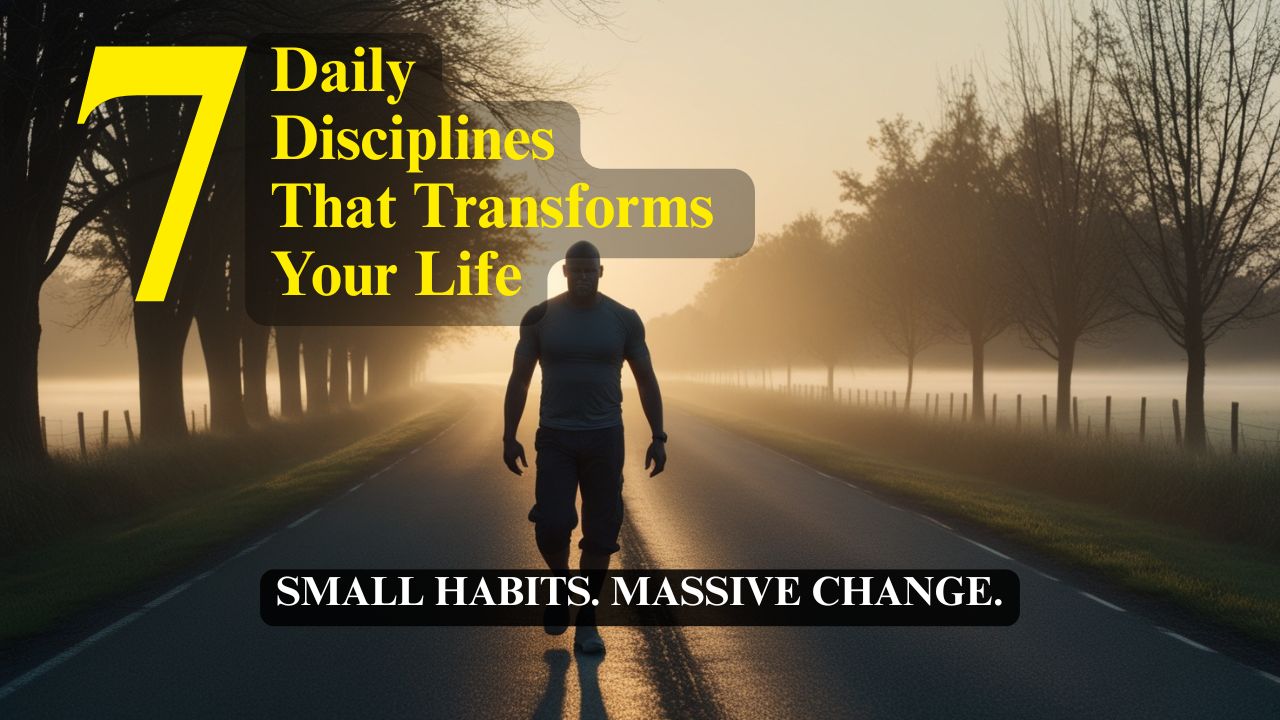
7 Daily Disciplines That Transform Your Life
The power to act with intention, to align your actions with your values, and to move steadily toward a life of purpose—even on days you don't feel like it.
Read Full Article
How to Build Unbreakable Discipline
Discipline is built—habit by habit, choice by choice, day by day. And the most powerful kind? The kind that doesn’t crack under pressure. The kind that becomes part of who you are.
Read Full Article
Why Motivation Fails And Discipline Wins Every Time
We all love the feeling of motivation—that surge of energy, that rush of inspiration that makes everything seem possible. But here’s the problem: motivation is unreliable. It’s emotional. It comes and goes. And if your goals rely on you “feeling like it,” you’re already in trouble.
Read Full Article
Discipline Over Desire
Desire is loud. It burns bright, talks fast, and loves to dream. But desire alone doesn't achieve much. Every person has desires. Very few have the discipline to bring them to life.
Read Full Article
The Science of Sticking
If you've ever tried to build a new habit, you've probably heard that it takes 21 days. This number gets thrown around so often that it feels like scientific fact.
Read Full Article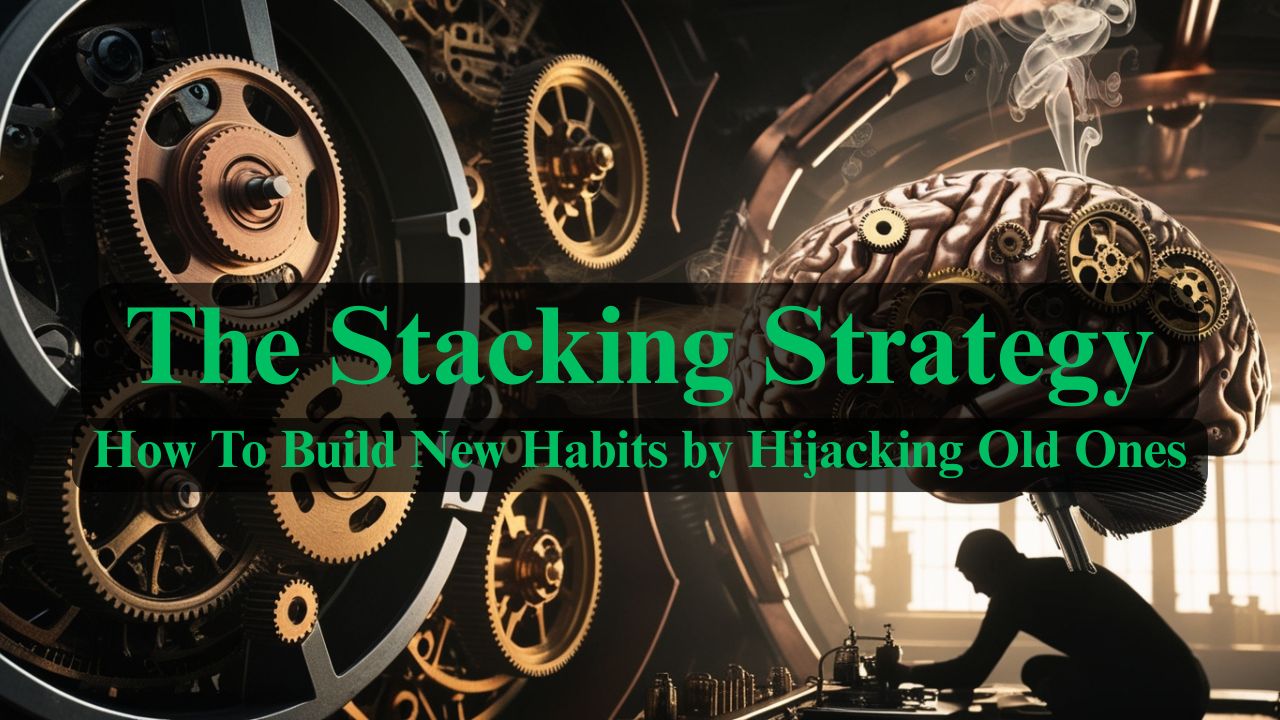
The Stacking Strategy
What if I told you that the habits you already have—even the ones you consider "bad"—could become the secret weapons for building the habits you want?
Read Full Article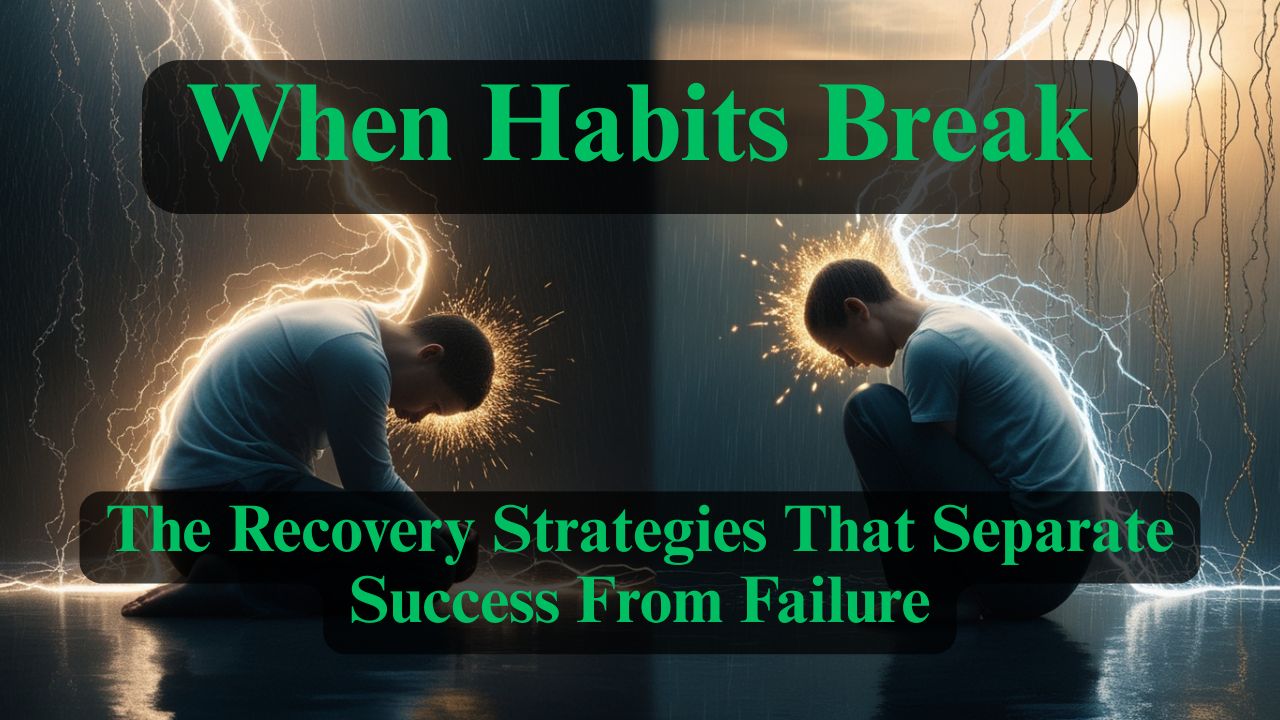
When Habits Fail - The Recovery Strategies That Separate Success From Failure
Here's what nobody tells you about building habits: you will fail. You'll miss days. You'll fall off track. You'll have weeks where everything falls apart.
Read Full Article
The Ultimate System - Designing a Life Where Good Habits Are Inevitable
You've learned to recognize habits, understand their formation timeline, stack them strategically, and recover from setbacks.
Read Full Article
